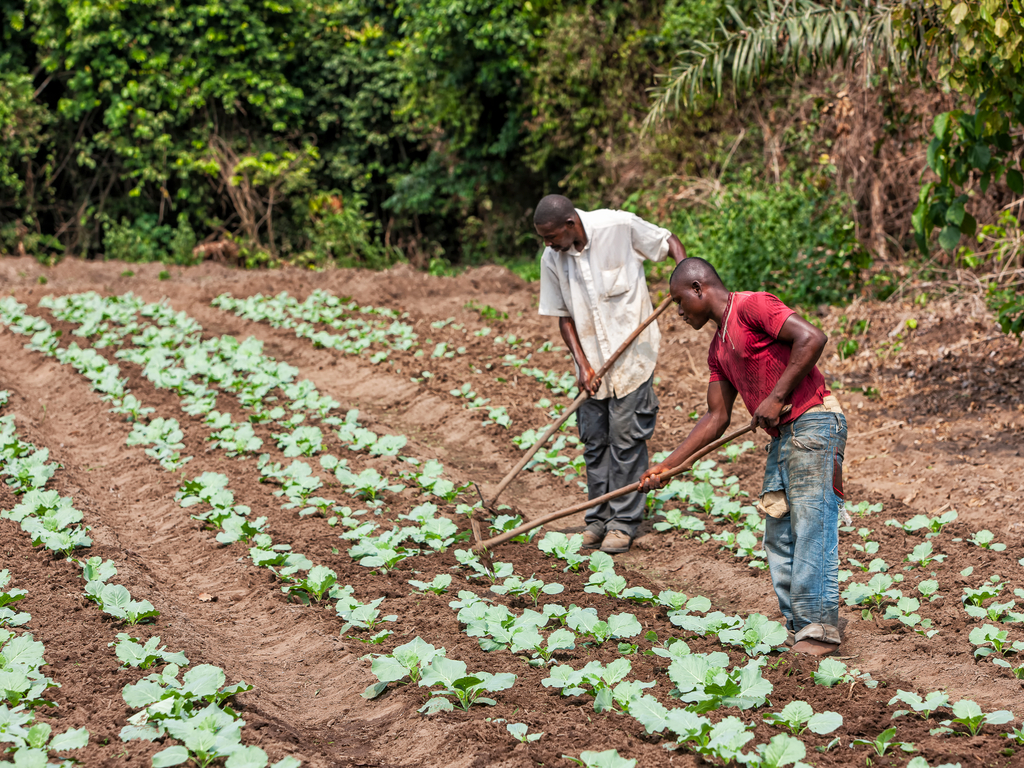The “Forest Gardens” programme of Trees for the Future, an organisation assisting communities around the world to grow trees through seed distribution, is innovative. Through the programme, farmers can plant thousands of trees to protect their soil and bring nutrients back into the soil. As a result, farmers in forest gardens will benefit from increased income and food security, just one year after the implementation of the programme.
In order to acquire all the necessary agroforestry techniques, farmers will be trained for 4 years by the Trees for the Future organisation. The countries concerned include Cameroon, Senegal, Kenya, Tanzania and Uganda, each of which has between 300 and 600 farming families. In total more than 8,000 farmers will be trained.
The content of the training
Trees for the Future field staff will train participants in the “Forest Gardens” programme in all aspects from land management to market economy. Among other things, farmers will learn how to create forest gardens on their own land. This will enable them to improve soil health and biodiversity, grow diverse and nutrient-rich crops, increase their incomes and adapt to climate change to break the cycle of hunger and poverty in their respective countries for good. “Like most farmers around the world, these farmers have been practising one-way agriculture for generations, using the intensification of monoculture farming. Through the forest garden approach, farmers are learning how to diversify crops, restore soils and maximize the full potential of their land,” says Brandy Lellou, programme director at Trees organisation.
“Farmers see their nutrition and income start to improve steadily in the first two years, and by the end of the fourth year, a 0.4 hectare forest garden typically has about 2,500 trees,” she adds.
The planting material has already been delivered to the farmers. They are expected to start the nurseries soon. “Our training teams have developed new and creative ways to train farmers virtually. Once the restrictions due to the Covid-19 pandemic are lifted, we plan to resume face-to-face training and review anything farmers may have missed,” says the director of the programme.
Inès Magoum
